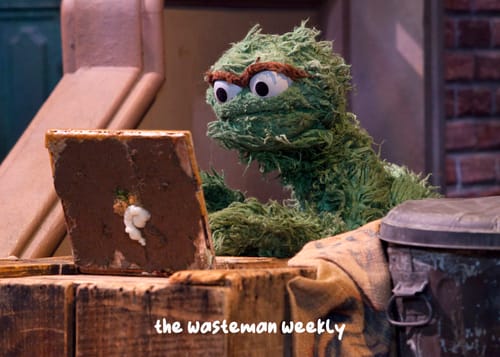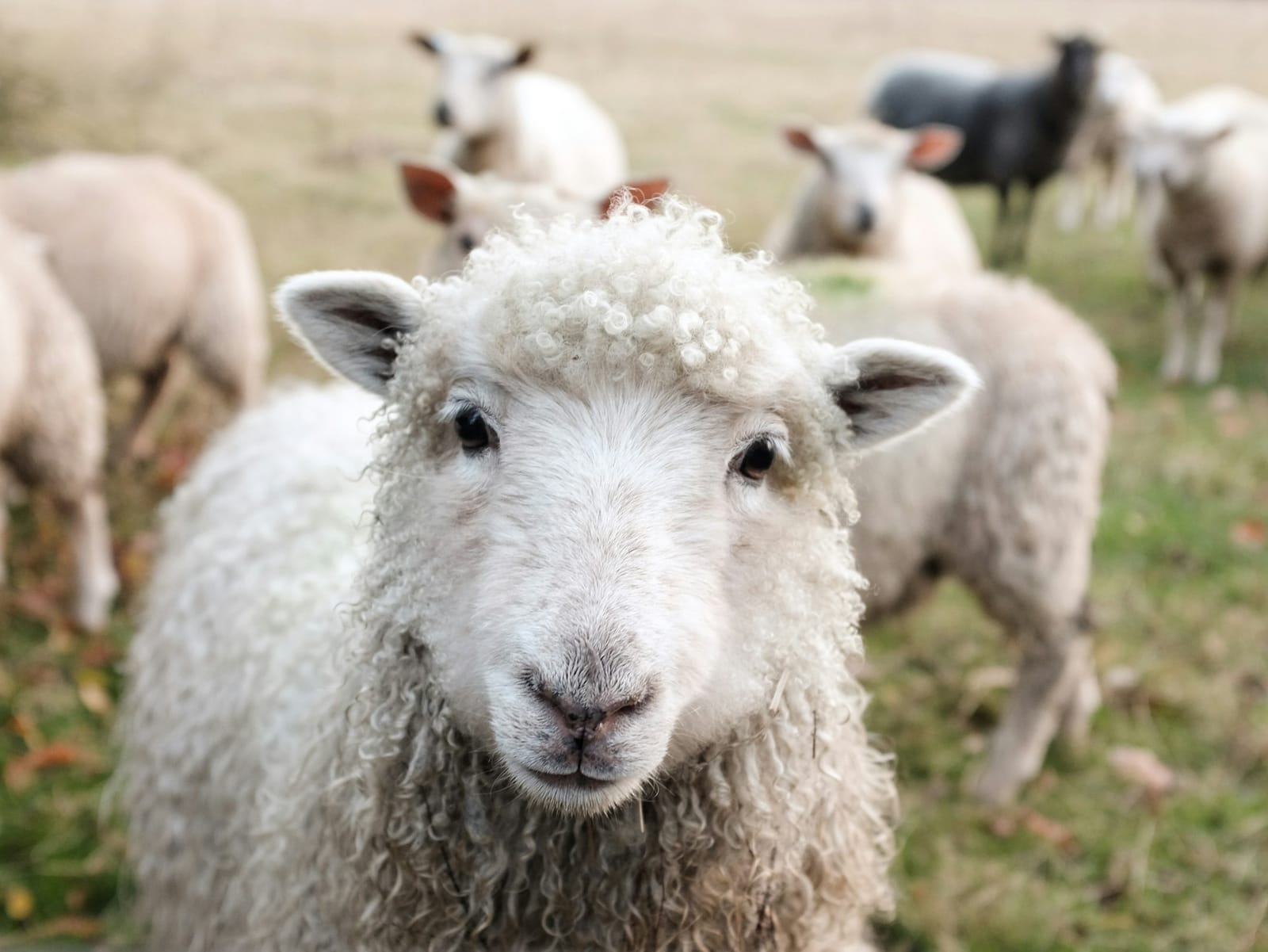Let's take it back to middle school-
It's recess, post-lunch and you and your friends got a BIG football game in the parking lot today. You all crowd up, talk some smack, and its your turn to be team captain - here we go. You scan the options, and one by one start selecting a team that resembles none other than an NFL starting line up; you got your tight end, your offensive and defensive line, your wide receivers, kicker, and of course you - the quarterback. Then you look across to other team, and… they're all quarter backs? Believe it or not, that's essentially how our traditional approach to agriculture works too.
Let me explain -
The Monoculture Mismatch
Monoculture, our traditional approach to farming - is where you grow only one type of crop year after year on large stretches of your land. The problem, is that every crop needs certain nutrients from the soil to grow, and with monoculture farming, we're stripping the soil of those exact same nutrients, constantly. When the exact same nutrients are constantly stripped, it requires farmers to spend tons of money on artificially created fertilizers to re-input those nutrients back into the ground. On top of that, monoculture also opens up the opportunity for pests to invade and destroy the entire harvest. When the plants are so sensitive to different pests, it forces farmers to spray pesticides with an increasing strength every growing season to avoid mass destruction.
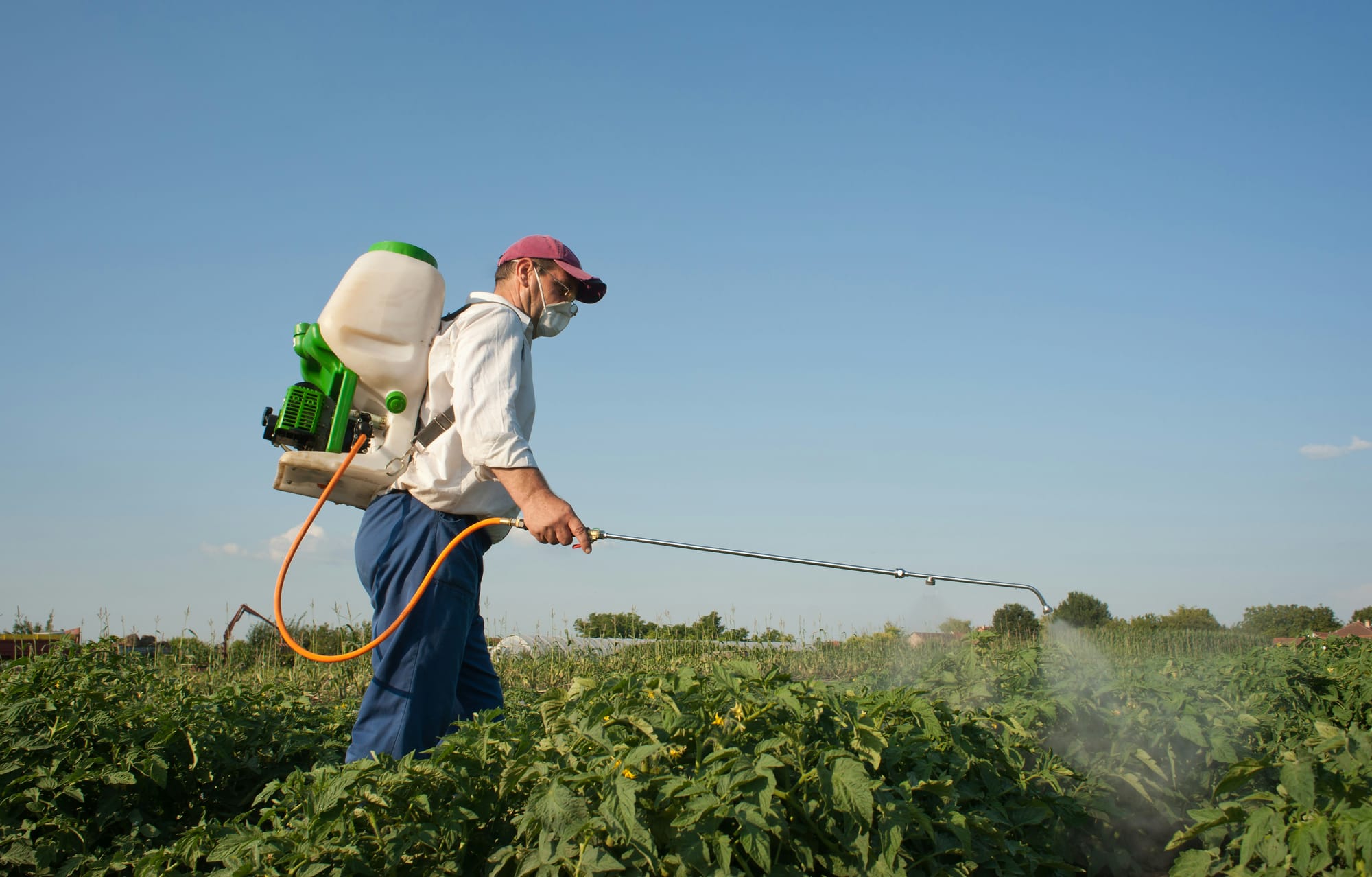
We see monoculture most commonly emphasized by big food and agriculture companies who profit off of the sales of synthetic fertilizers and chemical pesticides, promoting short-term profits over the long-term health and sustainability of their farmer's land.
But in the case of your opponents football team, a QB needs a reciever to throw to, and an offensive line to protect them. Without a reciever the QB doesn't have the right teammates in place to consistently move the ball down the field. And without any offensive linemen, the QB is left increasingly vulnerable to getting tackled by your team. Doesn't sound very effective does it?
Regenerative Ag: The Dream Team
On the other hand, sustainable farming practices like regenerative and organic agriculture focus on working with nature, not against it. These methods aim to improve soil health through practices like cover cropping (planting a variety of crops together that contribute natural pest control, nutrient balancing, and carbon sequestration), crop rotation (changing the crops you grow each season to ensure a balance of nutrients in the soil), and reduced tillage (very little if no turning of the layer of topsoil that stores carbon in the ground). And here's the best part, regenerative agriculture is not only healthier for the soil, but also healthier for you as a consumer, both for the long run.
That means as the Quarterback, you have a supporting cast that all play different positions and help your team to make winning plays. Your natural defense blocks most attempts at sacking your Quarterback, you have bench players that can rotate in and out of your line-up to keep all your players fresh, and best of all - your team will have a lengthy, long career ahead of them. Not bad captain, you did well for a post-lunch scrimmage.
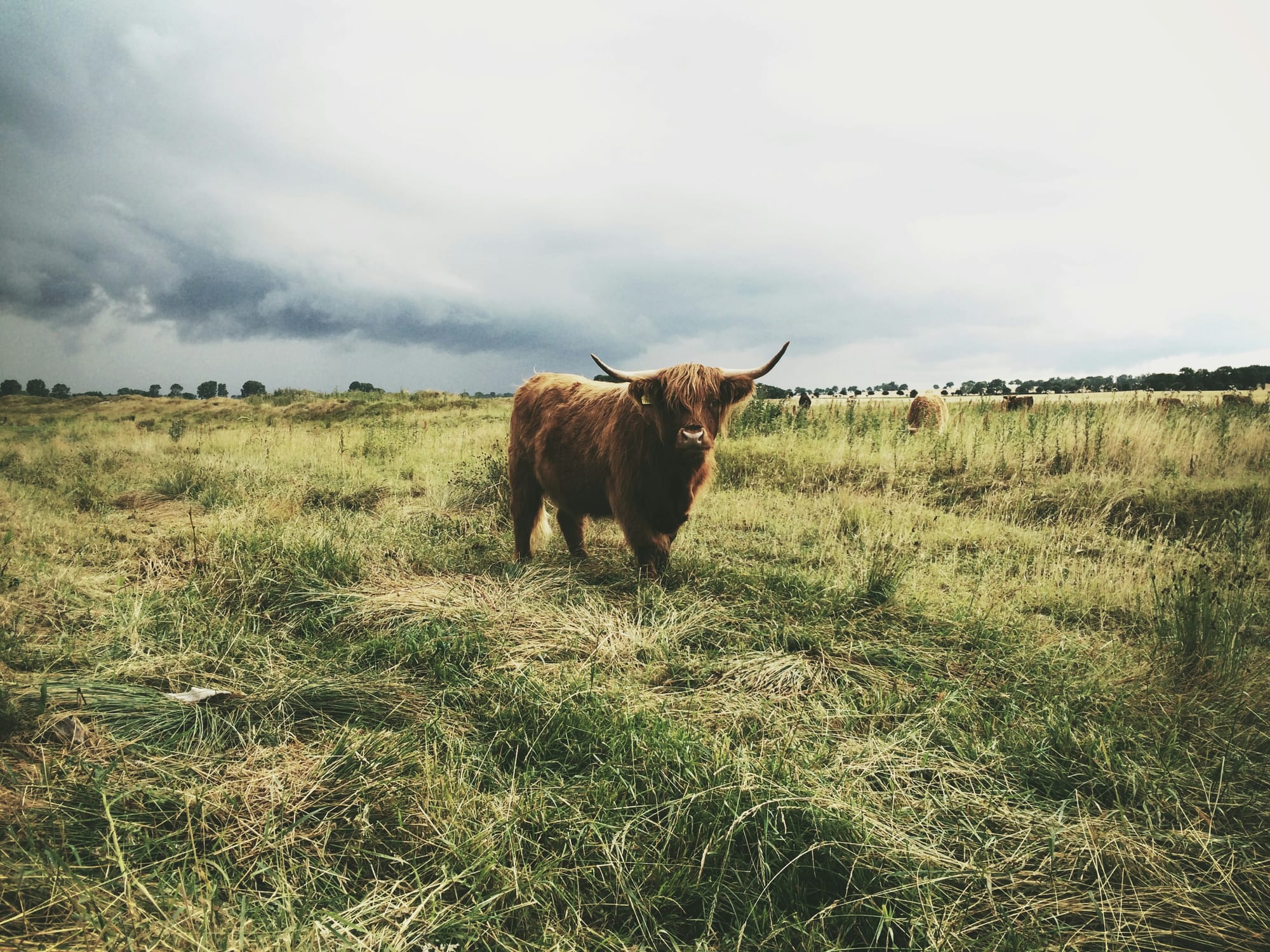
Conclusion
I'm sure you've all seen what a great sports team plays like. There's a sense of connectedness, everyone has a purpose in making the team win, and the teams are rarely ever changed if ever broken up. It's like the game comes natural to them. So why should we be treating our food any different? The issue may not seem like you have a say in it, but in reality - companies really do listen to what their customers want - after all, we ARE the market. I encourage all of you to consider the farming practices that go into the foods you eat going forward - whether it be for your own health or the health of the planet.
To help guide you, below are two certifications you can look out for when buying your produce that are verified as using sustainable practices:
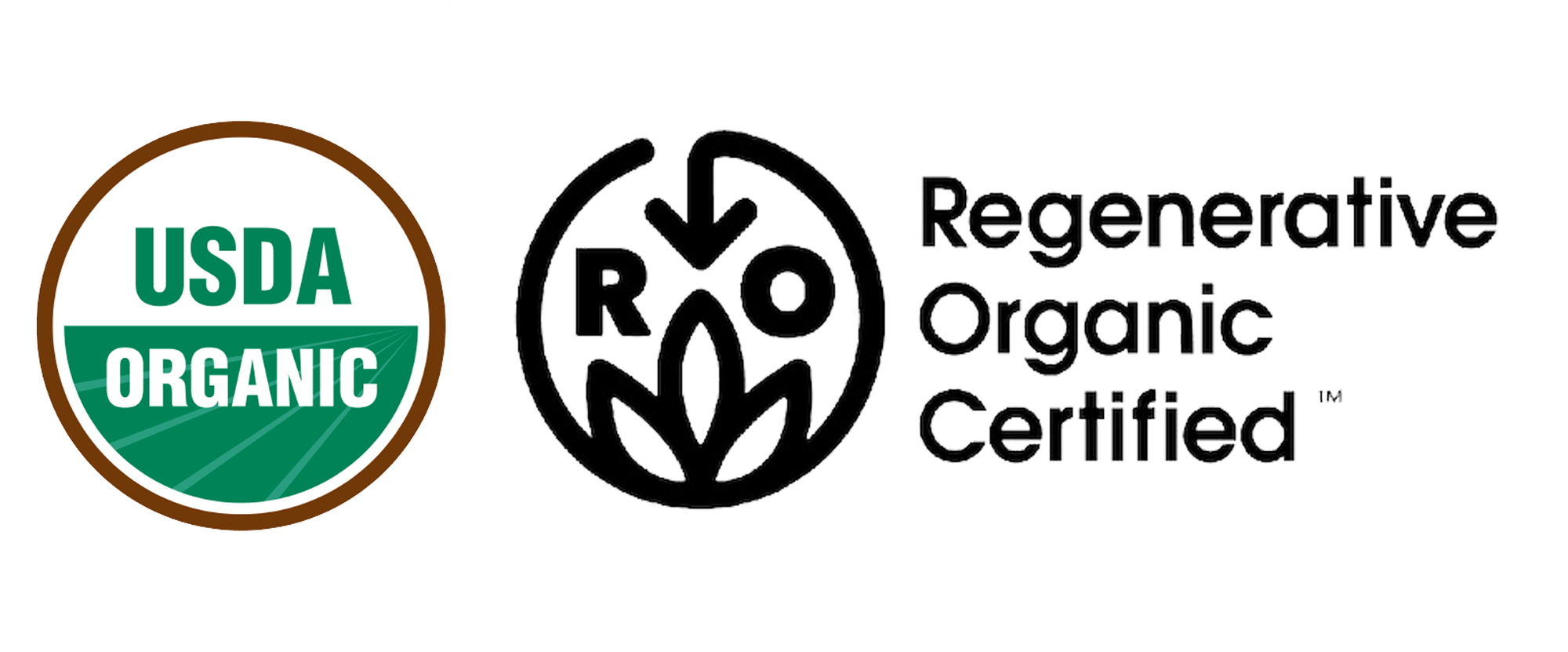
On a personal note:
I'd like to dedicate this article to my childhood classmate Joe Esses, of whom I used to play recess football with every day alongside all of our other classmates.
Although Joe and I didn't keep in touch as much after junior high, we connected around a year ago about my work in climate and recent climate policy.
After Joe's passing, I had the honor of speaking to his parents at the wake, where his mom shared with me how excited he was of my work in climate, and that he told her "Chris is actually gonna change the world".
Words had never rung louder, and I'm happy I could make you proud. Rest in Peace, my friend.


